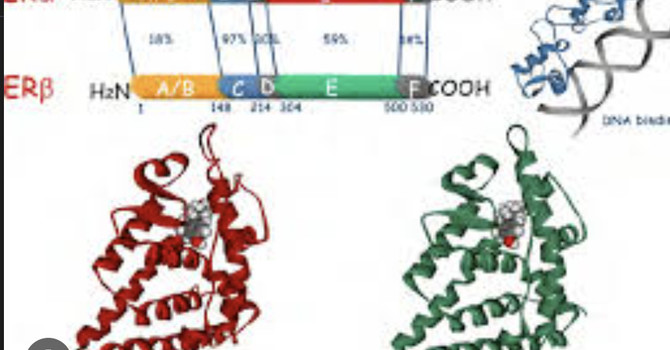When women hear “testosterone,” they often think, that’s a male hormone. But here’s the truth: testosterone is just as important for women — especially during perimenopause and menopause. And if you’ve been feeling tired, foggy, moody, weaker in your muscles, or more inflamed in your joints… low testosterone might be part of the story.
Testosterone isn’t just about libido (though yes, it helps with that too). It’s one of the most protective, body-defining hormones we make. And once it starts to decline, things shift — often in ways that don’t get connected back to hormones.
Let’s break it down.
Why Women Need Testosterone:
-
Stronger Muscles, Better Metabolism
Testosterone helps your body build and preserve lean muscle. Muscle is your metabolic engine. Lose it, and your body starts burning fewer calories, storing more fat, and aging faster. Muscle also protects your bones, brain, and balance. -
Immune System Support
T boosts secretory IgA — a key immune molecule that guards your gut and keeps inflammation in check. That’s why low T is linked to increased autoimmunity. If you already have one autoimmune condition, T deficiency may raise your risk of developing another. -
Brain + Mood Protection
Testosterone helps clear misfolded proteins out of the brain and supports mood and memory. Lower levels are linked to more anxiety, irritability, and cognitive decline. -
Estrogen’s Wingwoman
T plays a vital role in balancing estrogen’s growth effects. It protects breast tissue by converting to a metabolite (3β-diol) that activates estrogen receptor beta — the receptor responsible for anti-inflammatory, anti-cancer effects.
What Happens Without It?
You don’t just “get older” — you get inflamed, tired, achy, mentally foggy, and prone to issues like hot flashes, vaginal dryness, and worsening sleep. You may even gain weight, lose interest in sex, or struggle to stay focused. These are not just signs of aging. They’re symptoms of hormone decline.
And the data is clear: women with low T age faster. Their bones weaken, muscles shrink, and heart risks rise.
What Can You Do?
This is where personalized, bioidentical hormone replacement therapy (BHRT) comes in. In my practice, I work with women across California, Florida, Illinois, New York, and Arizona via telemedicine — designing individualized hormone plans that often include estrogen, progesterone, and yes, testosterone.
I don’t treat lab numbers. I treat people. But I do track key labs like total and free testosterone, SHBG, FSH, and inflammatory markers — to get a full picture and make sure we’re dialing in your treatment safely and effectively.
You Deserve to Feel Strong Again
Hormones decline with age. They don’t come back on their own. But with the right treatment, we can help your body thrive — not just survive — through midlife and beyond.
If you're ready to feel like yourself again, I invite you to book a consultation with me. We’ll talk through your symptoms, your labs, and your goals — and we’ll build a plan that works for your unique body.
Dr. Anat Sapan MD, specializing in peri/menopause care, advocates for a personalized approach combining Bioidentical Hormone Replacement Therapy with lifestyle strategies. Her telemedicine services in Arizona, California, Florida, Illinois, New York and Arizona. I aim to help women overcome menopausal symptoms and enhance their quality of life.

Anat Sapan, MD
Contact Me



